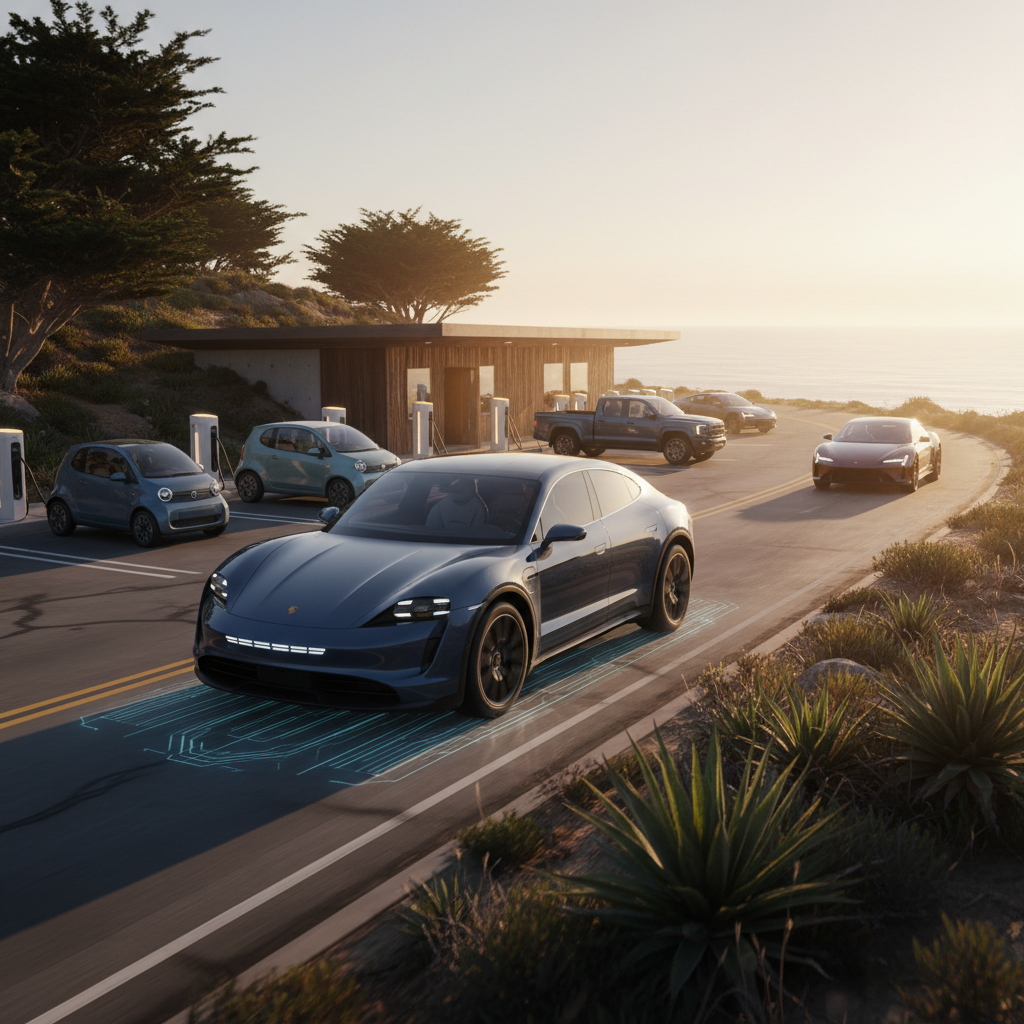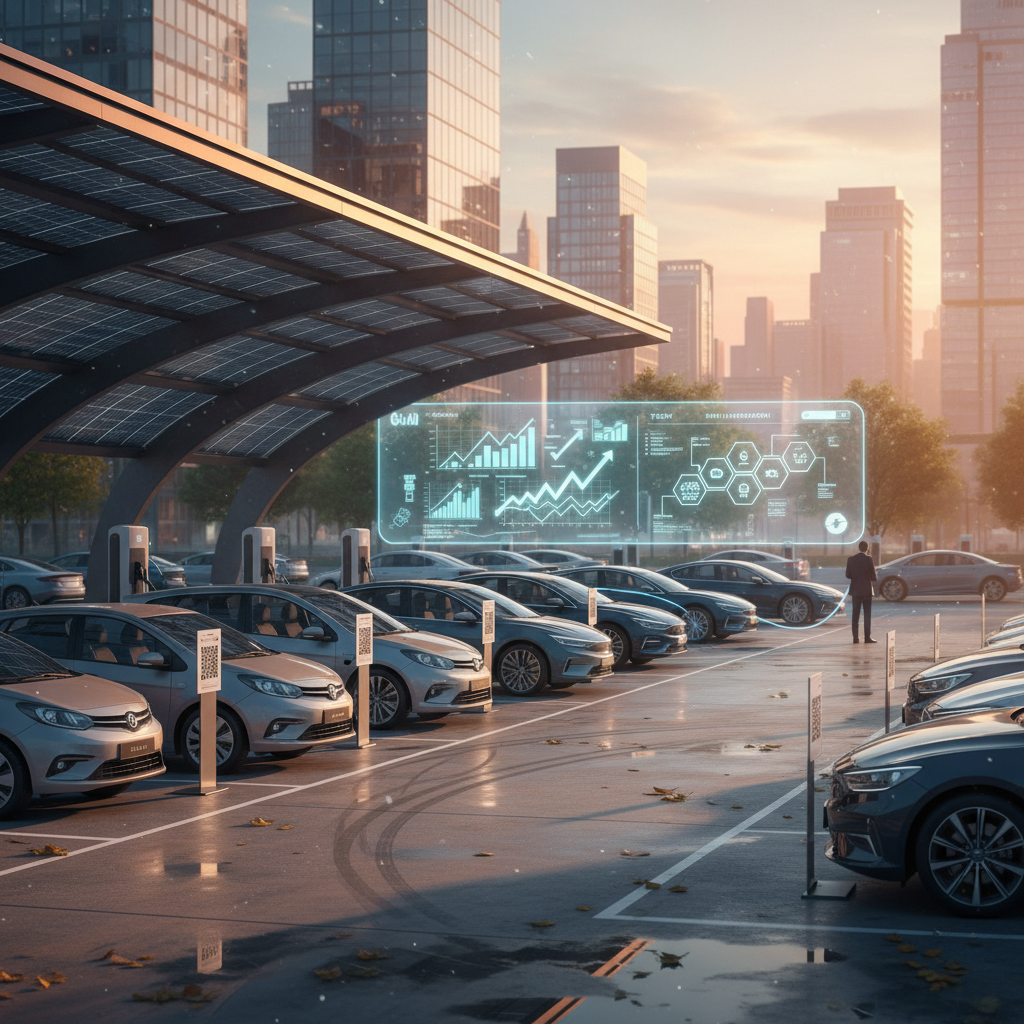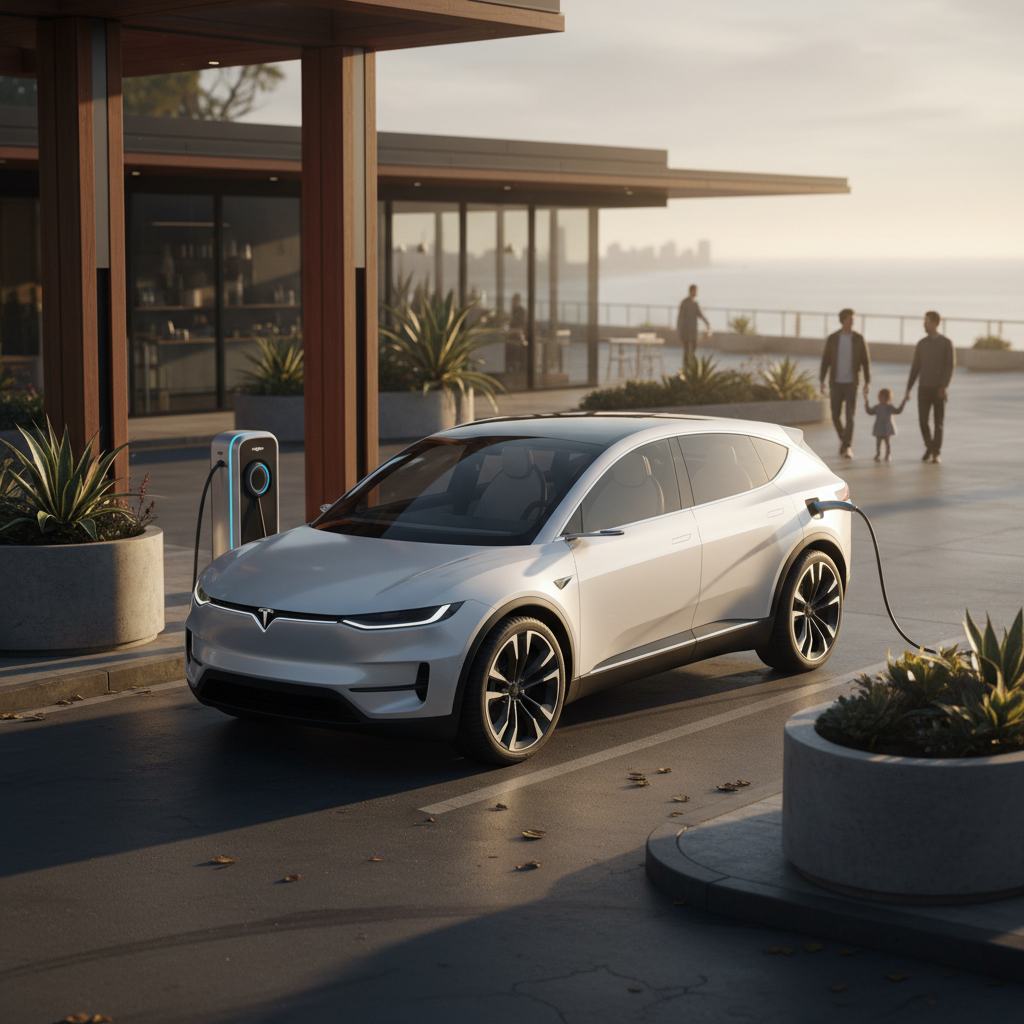If you’re shopping for the best used compact cars, you’re not alone. With new-vehicle prices still high and ownership costs in the spotlight for 2025, small used cars have become a sweet spot for commuters, first-time buyers, and anyone who just wants a simple, affordable way to get around.
Big picture: what’s happening in 2025

Why used compact cars still make sense in 2025
In a market dominated by SUVs and crossovers, compact sedans and hatchbacks quietly deliver what most people actually need: reasonable space, high fuel economy, and lower purchase prices. On the used side, they also tend to be cheaper to insure, cheaper to maintain, and less painful to park in crowded cities.
Used compact-car advantages at a glance
Where Recharged fits in
Quick look: best used compact cars by budget
Editor’s picks for best used compact cars
Reliable, widely available small cars that make sense in 2025
Budget under $10,000
- 2017 Chevrolet Spark – Outstanding value, city‑friendly size.
- 2016 Kia Forte – Roomy cabin, good feature content for the money.
- 2018 Kia Rio 5‑Door – Practical hatchback with solid reliability.
Budget under $15,000
- 2015–2016 Honda Civic – Segment benchmark for reliability and resale.
- 2017 Honda Fit – Huge interior flexibility, excellent mpg.
- 2016–2017 Toyota Corolla – Conservative but nearly bulletproof.
Budget under $20,000
- 2019–2020 Honda Civic – Still feels modern, top reliability scores.
- 2020 Honda Fit – One of the last years of a beloved nameplate.
- 2019–2020 Mazda3 – Upscale interior, sharp driving dynamics.
How to use this guide
Best used compact cars under $10,000
Under $10,000, you’re shopping older, higher‑mileage cars. That doesn’t have to mean risky, if you pick models with strong longevity records and prioritize maintenance history over shiny paint.
Most reliable used small cars under $10,000 (2025 data)
Standout picks based on large‑sample reliability analysis and typical pricing in late 2025.
| Model | Typical Years | Avg. Price (2025) | Why it’s a smart buy |
|---|---|---|---|
| Chevrolet Spark | 2017 | ~$9,700 | Excellent reliability and low running costs; great for city driving. |
| Kia Forte | 2016 | ~$9,400 | More space and power than most subcompacts; simple mechanicals. |
| Kia Rio 5‑Door | 2018 | ~$10,000 | Hatchback practicality with good fuel economy and a low entry price. |
Prices are national averages; local markets can swing higher or lower.
Watch the miles, not just the money
- Favor one‑ or two‑owner vehicles with complete service records.
- Walk away from salvage/rebuilt titles unless you fully understand the repair history.
- Budget at least $1,000 after purchase for tires, brakes, and overdue maintenance.
Best used compact cars under $15,000
Move up to $15,000 and the field gets more interesting. You’re in range for mid‑2010s Civics, Fits, Corollas and other compacts that mix modern safety tech with the kind of durability compact shoppers want.
Most reliable used small cars under $15,000
These models consistently show up near the top of small‑car reliability rankings in 2025.
| Model | Best Years | Avg. Price (2025) | Highlights |
|---|---|---|---|
| Honda Civic | 2015–2016 | ~$13,500–$15,000 | Benchmark mix of reliability, comfort and resale value. |
| Honda Fit | 2017 | ~$14,200 | Magic Seat rear layout turns this tiny car into a cargo hauler. |
| Toyota Corolla | 2016–2017 | ~$13,000–$15,000 | Ultra‑simple, known for going 200k+ miles with basic care. |
Target trims with stability control, a rearview camera and, ideally, automatic emergency braking.
Model-year sweet spots
Who this tier fits best
- Young professionals who want a reliable commuter without a big payment.
- Parents shopping for a safe first car for a teen driver.
- City drivers who value compact size but need real back‑seat space.
What to focus on
- Electronic safety features like lane‑keeping and automatic emergency braking.
- Evidence of regular oil changes and transmission service.
- Road‑test for wind noise and suspension clunks, signs of cheap past repairs.
Best used compact cars under $20,000
In the sub‑$20,000 bracket, you’re looking at newer, lower‑mileage cars, often 2019–2022 models coming off their first owners. This is also where some shoppers start cross‑shopping compact EVs with traditional gas cars.
Most reliable used small cars under $20,000
Later‑model small cars with strong reliability and technology mixes.
| Model | Best Years | Approx. Price Range | Why it stands out |
|---|---|---|---|
| Honda Civic | 2019–2020 | ~$18,500–$20,000 | Feels nearly new, with advanced safety tech and strong reliability scores. |
| Honda Fit | 2020 | ~$18,000–$19,500 | Last model years of a cult‑favorite small car with huge practicality. |
| Mazda3 | 2019–2020 | ~$17,000–$20,000 | Upscale interior and sharp, engaging driving feel for compact‑car money. |
| Toyota Corolla | 2019–2020 | ~$17,000–$19,500 | More modern cabin and safety tech, plus Toyota’s long‑term durability. |
Exact prices vary widely by mileage, trim and region.

Why many shoppers stop here
Features that matter most in a used compact car
Once you’ve narrowed the model list, the right features will make a bigger difference to your daily life than an extra two horsepower or one extra speaker. Focus on the things that keep you safe, comfortable and sane in traffic.
Key features to prioritize
Skip the fluff and focus on what pays you back long‑term
Safety tech
Drivetrain & engine
Fuel efficiency
Infotainment & comfort
Don’t forget insurance costs
Compact EVs vs gas: which makes sense used?
Used compact EVs are one of the hidden stories of today’s market. EVs tend to depreciate faster than gas cars, so a three‑year‑old electric hatchback can sometimes cost the same as a six‑year‑old gas compact, with far less maintenance on the horizon.
When a used compact EV makes sense
- You have reliable home or workplace charging.
- Your daily driving is mostly city or suburban, under 60–80 miles a day.
- You want low maintenance and strong acceleration, and you’re fine with planning for longer trips.
Models like the Nissan Leaf, Chevy Bolt EV and small Tesla Model 3 variants can be compelling if you confirm battery health.
When a gas compact is the better play
- You take frequent road trips through rural areas or regions with sparse charging.
- You want the absolute lowest upfront cost and wide repair‑shop availability.
- Public charging in your area is expensive or unreliable.
In those cases, a Civic, Corolla or Mazda3 keeps things simple and predictable.
How Recharged de‑risks compact EVs
How to inspect a used compact car like a pro
Whether you’re buying from a dealer, a marketplace, or a private seller, the inspection process is where good deals are confirmed, and bad ones are exposed. You don’t need to be a master tech, but you do need a system.
Used compact car inspection checklist
1. Start with the paper trail
Ask for maintenance records and verify the VIN on every document. Look for regular oil changes, transmission services and any major repairs. Gaps of several years with no records are a red flag.
2. Walk the exterior slowly
Check panel gaps, paint overspray and mis‑aligned bumpers, signs of previous accidents. Uneven tire wear can indicate alignment or suspension issues that aren’t obvious on a quick drive.
3. Sit in every seat
Test seat adjustments, window switches, locks, mirrors and infotainment. A compact car lives or dies by daily livability; squeaks, rattles and broken plastics tell you a lot about its past.
4. Cold start and listen
Ask the seller not to warm up the car beforehand. Listen for rattles on startup, watch for warning lights, and check that idle is smooth once the engine settles.
5. Drive a varied route
Get the car on city streets and a highway if possible. Note transmission behavior, steering feel, braking stability and any vibrations under acceleration or braking.
6. Get a pre‑purchase inspection
For anything over a few thousand dollars, a third‑party inspection is cheap insurance. Many mobile inspection services specialize in used vehicles and can send you photos and a written report.

Common mistakes to avoid when buying used compacts
- Chasing the lowest price only. The cheapest car on the lot often comes with the costliest surprises later.
- Ignoring rust and underbody condition. In snowy states, rust can shorten a car’s life dramatically, even if the paint looks fine.
- Skipping the title check. Salvage, rebuilt, lemon‑buyback or flood titles change a car’s value and insurability.
- Not budgeting for taxes, fees and repairs. Registration, sales tax and a first round of maintenance can easily add 10–15% to the purchase price.
- Buying on impulse. If a seller pressures you to move fast, that’s a sign to slow down, not speed up.
Flood and frame damage are deal‑breakers
Frequently asked questions about the best used compact cars
Best used compact cars: FAQ
The bottom line on the best used compact cars
The best used compact cars in 2025 are still the usual suspects: Honda Civics and Fits, Toyota Corollas, Mazda3s and a handful of value‑focused models from Chevrolet and Kia. What’s changed is the amount of information, and choice, you have, from detailed reliability data to the rise of compact EVs with serious discounts baked in.
If you match the right model to your budget, verify condition with records and an inspection, and keep an eye on total ownership cost instead of just the sticker, a used compact can be one of the smartest buys in the market. And if a compact EV is on your radar, platforms like Recharged can help you compare battery health, financing and trade‑in options so you can make the same kind of data‑driven decision EV owners increasingly expect.



